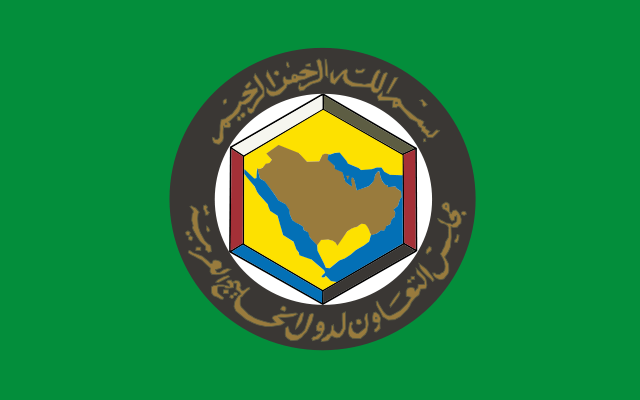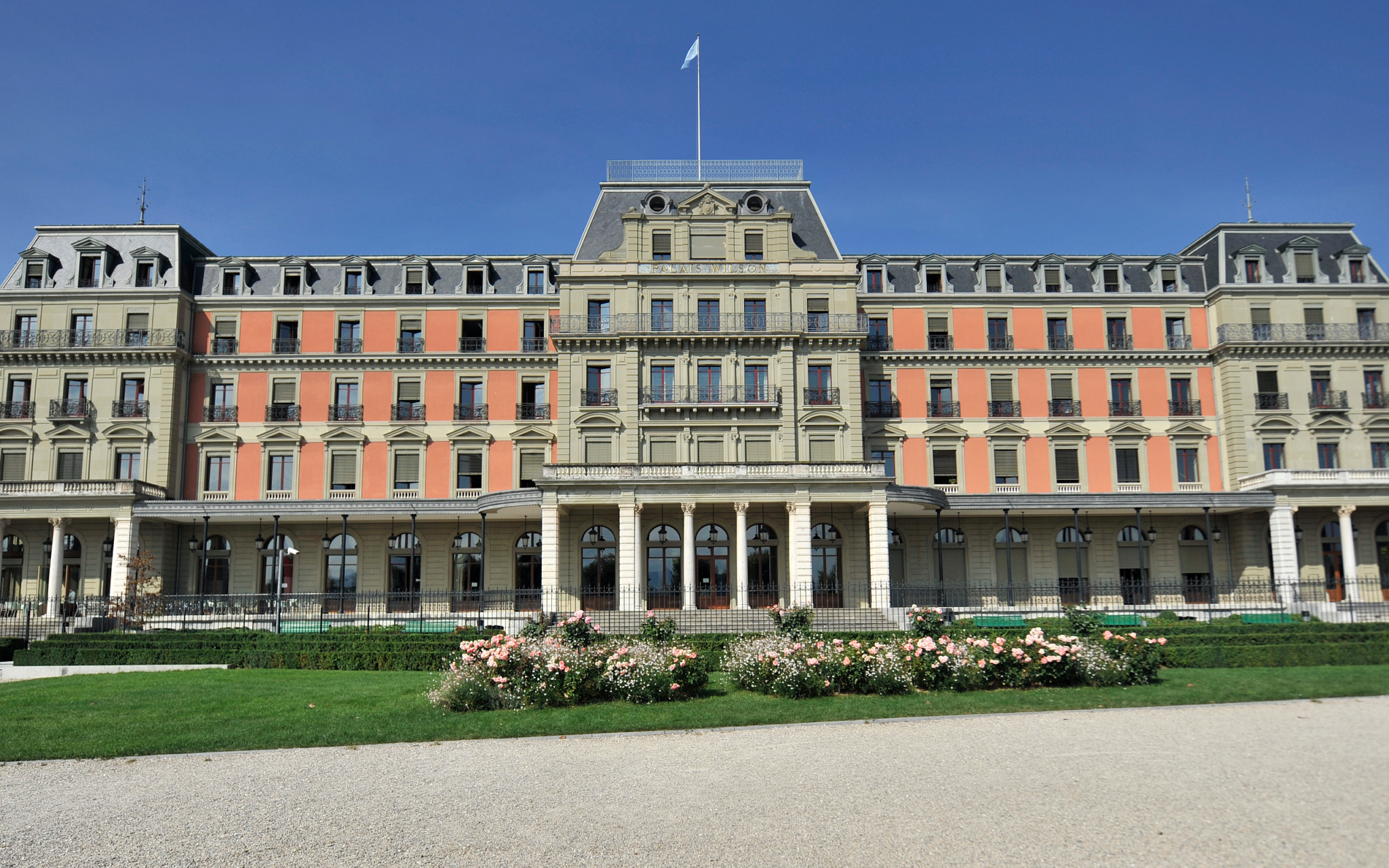30 July 2018 – Five years ago, the United Nations Member States convened to adopt resolution A/RES/68/192, a resolution that officially designated 30 July as World Day Against Trafficking in Persons as a day to bring both awareness to human trafficking and promote the rights of trafficking victims. As the world recognizes this 30 July,[…]
On the occasion of the 37th session of the Human Rights Council, ADHRB submitted a written statement to the Council marking increased attacks on free expression throughout the Arab Gulf states following the outbreak of the diplomatic crisis surrounding Qatar. GCC Free Expression and the Qatar Crisis Americans for Democracy & Human Rights in Bahrain (ADHRB)[…]
Bahrain BHR 11/2017 JUA 31 Oct 2017 Mandates: arbitrary detention, freedom of opinion and expression, human rights defenders, torture Alleged victims: 1 Information received concerning allegations of torture and other ill-treatment of Mr. Ibrahim Jawad ‘Abd Ullah Sarhan, a Bahraini lawyer, as well as threats of prosecution against him for charges related to the expression[…]
2 February 2018 –Kuwait recently sentenced online activist Abdullah al-Saleh to ten years in prison for Tweets “abusing Saudi Arabia” and insulting the United Arab Emirates (UAE) and Bahrain. His sentence demonstrates how countries like Kuwait employ prison sentences as deterrents to free expression online, especially as the government imposes increasing restrictions on the freedom[…]
18 December 2017 – The six states of the Gulf Cooperation Council (GCC) – Kuwait, Saudi Arabia, Bahrain, Qatar, United Arab Emirates (UAE), and Oman – rely heavily on migrant labor and are noted for widespread and systematic migrant rights abuses. These violations largely stem from the GCC-wide use of the kafala system of labor[…]









